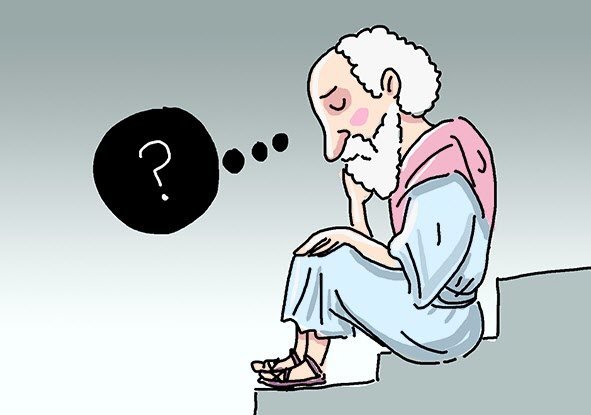The frustration of Socrates
The frustration of Socrates
Posted November. 07, 2023 08:02,
Updated November. 07, 2023 08:02

People lament the Israel-Hamas war, saying, “The line was finally crossed.” But to put it bluntly, crossing that line was predictable long before. From the day Hamas fired its first shots, things have been like a train on railroad tracks, stopping only at stations of surprise, horror, and shock. There is no way to stop this fire-breathing train. No matter what third parties say, the stances of Israel and Hamas are clear. Each side claims to be the victim, is angry, and believes that stopping and compromising would be a defeat and the start of a greater tragedy. If you tell them that blood will have blood, and anger and revenge bring even greater revenge, they will say, "We know best. We've been through it, and we've been going through it for the last 80 years. But now, we have no choice but to continue down this path.
Socrates was sentenced to death on charges of impiety and corrupting the youth, but the real reason was political repression. The Peloponnesian War, which initially began as a struggle for hegemony between Athens and Sparta, eventually evolved into an ideological conflict where democracy clashed with oligarchy.
The difference between a regular war and an ideological war is this: in a regular war, people, comrades, and neighbors are on the same side, but in an ideological struggle, everyone becomes the enemy, marked for harsh elimination. Socrates criticized this radicalization, and he, in turn, became its victim. When you read Socrates' final defense, it doesn't feel like he's defending himself; instead, he's attempting to make people realize they are in the wrong, rather than seeking his own salvation. He knew it was futile, but he must have considered it the most valuable thing he could do.
Socrates' actions earned him undying honor, but they could not save his life, nor could they prevent the decline and corruption of Athens, which was descending into a morass of hatred and selfishness. If Socrates could not reconcile his fellow citizens, who could quell the fury of this war? What's even more unsettling is the anger and conflict spreading around the world. We stand on the brink of a new world war.







